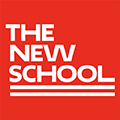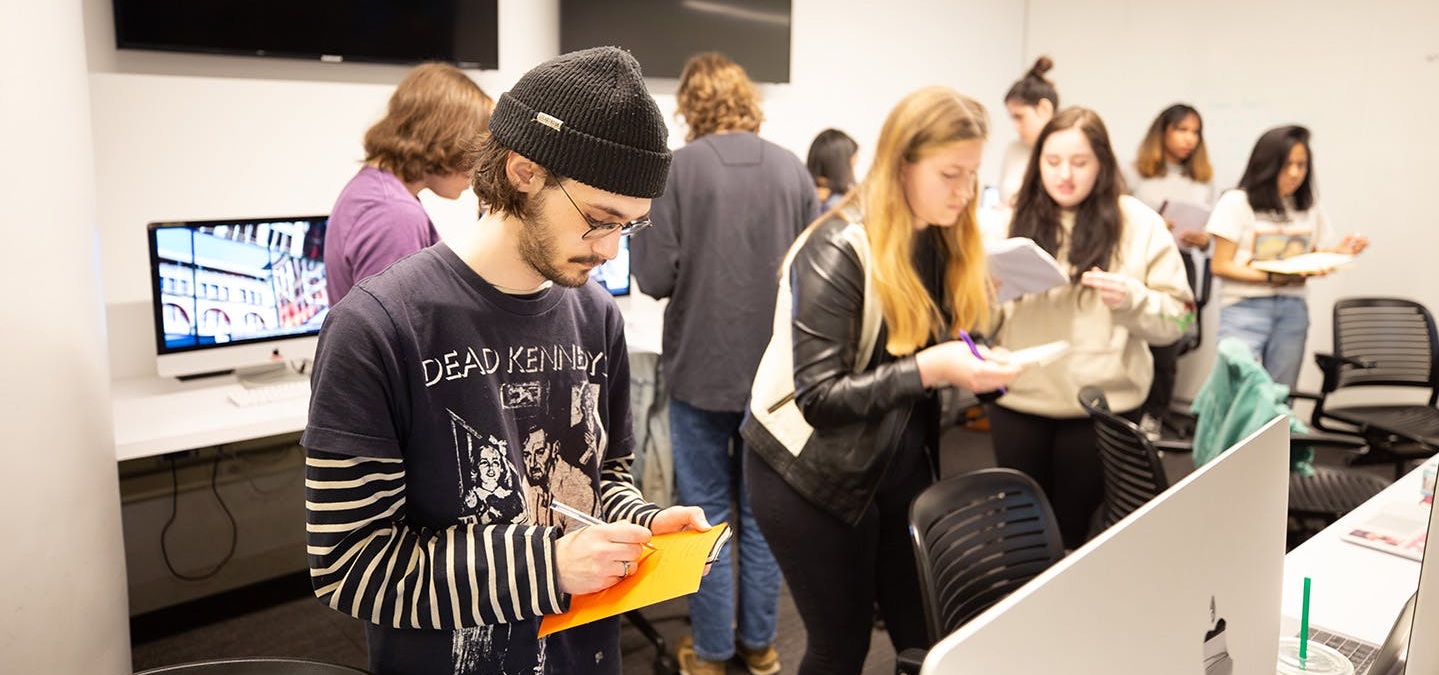New Code as a Liberal Art Initiative Announced at Eugene Lang College of Liberal Arts at The New School
|
New York, January 16, 2020 -- Eugene Lang College of Liberal Art at The New School today announced Code as a Liberal Art, an innovative interdisciplinary minor which pairs computational thinking with liberal arts exploration. Launching Spring 2020, the program provides hands-on experience with coding alongside investigations into how code and computational thinking can be used to impact cultures and societies. Drawing from core Lang areas of study -- Anthropology, Writing, Culture and Media, Natural Sciences and Mathematics, Politics, and The Arts -- in addition to the college’s focus on social justice issues, the minor explores the effects and limitations of new technology from philosophical, logical, and public policy perspectives. “The creation of a new minor signals the growing need to understand code not just from a technical perspective, but from its greater impact on society,” said Todd Anderson, Program Director and Assistant Professor of Code as a Liberal Art. “As computation continues to spread into every aspect of modern life, it’s necessary to expand how we understand and critique the influence of machine learning, algorithmic bias and digital surveillance." The Code as a Liberal Art minor will equip students with an understanding of the history and social factors that have led to the increasing presence of computational systems in society. Students will learn fundamental coding skills and how they can be used to enhance critical analysis and as a means of creative expression. In addition to providing a strong foundation of computational skills, courses like Anthropology of Networks, The Influence of Textiles on Computing, An Interactive History of Computers Doing Bad Things, and Live Coding will investigate understanding the nature of tools, the role of social media in political discourse, new forms of interactive creative writing and the design of textiles. Students will also have the opportunity to consider issues of access, equity, and social justice as they relate to technological systems, and develop an accompanying ethical framework. “Computational skills and coding in particular are vital to liberal arts education in the 21st century,” said faculty member and chair of the Code as a Liberal Art Steering Committee Jennifer Wilson. “It’s now a foundational skill, like writing and math, providing tools for communication and critical thinking – it’s interpretative and has social implications that can be the basis upon which deeper questions within the context of liberal arts are be framed.” |
|
Eugene Lang College of Liberal Arts is The New School's four-year liberal arts college. What began as the experimental Freshman Year Program in 1972 transitioned into the Seminar College in 1975 and became a college of the university in 1985. Through 35 years of growth, the mission of Eugene Lang College has been informed by the values of its namesake: to foster critical thinking, social justice, and cross-cultural understanding. Founded in 1919, The New School was established to advance academic freedom, tolerance, and experimentation. A century later, The New School remains at the forefront of innovation in higher education, inspiring more than 10,000 undergraduate and graduate students to challenge the status quo in design and the social sciences, liberal arts, management, the arts, and media. The university welcomes thousands of adult learners annually for continuing education courses and public programs that encourage open discourse and social engagement. Through our online learning portals, research institutes, and international partnerships, The New School maintains a global presence.
|
 |
MARKETING AND COMMUNICATION |
| 79 Fifth Avenue New York, NY 10003 www.newschool.edu |
PRESS RELEASE |
Media Contacts: The New School |
|
|
